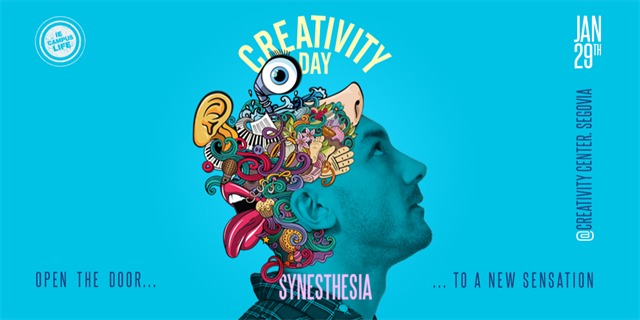In the past week, insights to innovation colloquially known as i2i lab was conducted for Master in Management students at IE. Every year, this event is conducted in association with corporate partner. This year, it was PlanPlanner– which is a subsidiary of world’s 2nd largest spirits producer, Pernod Ricard. If you don’t know this French company, then Ballentines, Jameson and Chivas Rigal can help you better remember Pernod Ricard for the foreseeable future!
Nonetheless, Pernod Ricard believes that the consumption of alcohol is decreasing worldwide and in order to ensure sustainable flow of income, it has launched services based platform-PlanPlanner. This platform is a marketplace for showcasing of events, which are conducted either directly by Planplanner after leasing space by the owner or else it markets special events organized by third party on its platform like Karaoke brunch, axe throwing et al. PlanPlanner currently operates in Madrid and Barcelona.
The challenge for the participating teams presented by PlanPlanner in i2i lab was to design a leisure-able experience (read as event) – for which the production cost should not exceed €6.000 (excluding the cost for renting the venue) and the net profit from the event should be more than €9.000. On the other side, the objective of the institute (read as IE Business school) was to introduce interested students to “Design thinking” process. The event lasted for 4 days including the day for the final presentation, commencing from Tuesday, January 28th until January 31st.
The understanding of design thinking is inevitable in today’s dynamic competitive landscape vis-a-vis the corporate/industry competition in order to survive and lead the change. The invention of present day PC mouse is an outcome of design thinking by David Kelley. The design thinking involves 5 stages viz. Empathize/Explore, define, ideate, prototype and test. It is very important to understand the cultural context in order to design respective solution and hence participants went out to the streets in search of their prospective customers to talk to them and find insights. The faculty from entrepreneurship department of IE business school provided the mentorship during the various phases of the competition; explaining how the divergent and convergent thinking works as we move from exploration to prototyping stages. There was hands-on learning experience for the teams with the faculty, enabling the insights gathered during exploration stage to be turned into prototype.
On the penultimate day, the executives from the PlanPlanner offered 15 minutes window to each team to help them refine their prototype and provide corporate perspective into their designed leisure-able experiences. On the final day, the participating teams gave enthralling presentations leaving the judges and the audience gobsmacked and awestruck with their ideas incubated in a span of 3 days. A total of 6 teams went to the final round and there was one winner with two special mentions. The contract to implement their idea concomitant with PlanPlanner was taken home by a group of students who aimed at showcasing “waste art exhibition”. The two special mentions were for a blind dinner concept and EDM concert beside the sea-waves where you can surf alongside enjoying music. The basis for the rewards as one could decipher was the scope for sustainability or an element of social good along with the fact that the concept was internationally tested elsewhere earlier.






